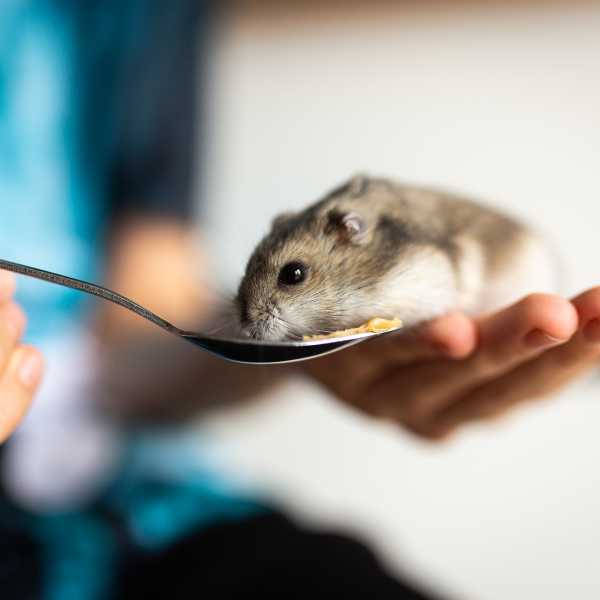
Keeping pets safe this summer
Posted on 3 June, 2019

We all look forward to summer, but for our pets summer can bring a number of hazards that owners and homesitters need to be aware of.
From hot pavements that can burn a dog’s paws, to protecting sensitive cats from sun burn on their noses and ears – knowing the dangers can ensure our pets are safe and happy this summer.
Here is a roundup of some of the most common things that can affect your pets:
Fleas, ticks and other parasites
Summer means a rise in the number of parasites such as fleas and ticks that both cats and dogs can pick up.Be aware of signs of a possible infestation such as constant itching, scratching and biting. Also regularly check your pet for ticks, especially dogs, after you have been out walking. Make sure your tick and flea treatment are up to date. If you find fleas on your pet, remember to treat your home as well as your pet.
Blue-green algae
Blue-green algae is common in fresh water and can be dangerous to dogs. According to dog charity, Blue Cross[i], this tends to appear in non-flowing fresh water such as lakes and ponds during hot weather when there is less rainfall, but can also occur at other times of the year.
This can be difficult to see, so dog walkers should look out for warning signs and not let dogs swim or drink from the water if they suspect it is there. Symptoms of blue-green algae poisoning include vomiting/being sick, diarrhoea, seizures and fitting and breathing difficulties[ii]. If you suspect poisoning take your dog to the vet immediately.
Heatstroke
During the incredibly hot weather last summer a number of dogs sadly died from heatstroke. Heatstroke can affect most pets, so during high temperatures it’s important to keep your pets cool and out of the sun during the hottest parts of the day.Be aware of the symptoms of heatstroke too, such as in a dog excessive panting, dribbling and/or collapse. If you suspect heatstroke take your pet to the vet.
Remember when it is warm not to leave your dog in a car. The RSPCA warns a car can become as hot as an oven very quickly, even when it doesn't feel that warm. When it's 22 degrees, in a car it can reach an unbearable 47 degrees within the hour.
Also during very high temperatures check pavements to make sure they are not too hot for paws. A golden rule is if it’s too hot for your hand it will be too hot for your dog’s paws. Walk them in the early morning or late evening instead when the tarmac has cooled down.
Sunburn
Animals can burn in the sun, just like humans so be careful if you have light-coloured cats or other pets. Cats in particular can suffer from sunburn on their noses and ears so it’s worth investing in an animal safe sunscreen if your pet is likely to be more sensitive to the sun or outside a lot. Animals such as pigs, newly born lambs and hairless cats and dogs can also be affected by sun burn.
Insect stings and snake bites
Insects such as bees and wasps, and snakes such as adders and grass snakes can be pests to your pets too. Dogs especially love exploring so can easily disturb a snake a hidden in the grass which can cause it to bite. Adder bites can result in swelling, pain, vomiting and diarrhoea. With bees and wasps they can cause allergic reactions or problems breathing if stung on the mouth or throat. If you suspect your pet has been bitten or stung speak to your vet for advice.
Enjoy the summer but remember to be mindful of the things that can cause your pet distress or to become seriously ill.
[i] https://www.bluecross.org.uk/pet-advice/blue-green-algae-and-its-dangers-dogs
[ii] https://www.bluecross.org.uk/pet-advice/blue-green-algae-and-its-dangers-dogs
Tags:



